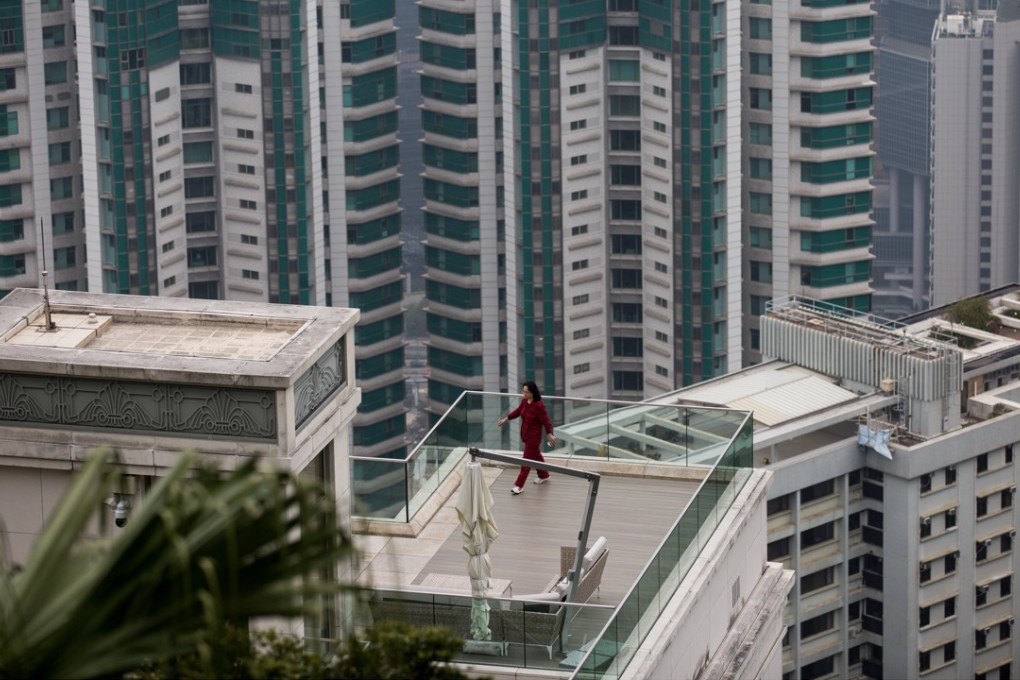Advertisement
How reviving Hong Kong’s inheritance tax could help restore equality and social mobility
Philip Marcovici and Stefano Mariani say returning the duty on inheritance to 8 per cent – instead of its current zero – would be an important step in reversing the concentration of wealth into fewer hands
Reading Time:4 minutes
Why you can trust SCMP
4

Controversies over scarcity of land and slowing social mobility are symptoms of deeper malaise in Hong Kong’s economy.
It may not appear evident at first, but income inequality in Hong Kong – among the highest in the developed world – arises in part from an inequality more difficult to quantify: of wealth.
Wealth can be understood as accumulated capital. Assets such as property, investments, collections of antiques, etc accumulate in value, and in Hong Kong wealth is concentrated in the hands of a small minority.
Advertisement
Wealth, in itself, is good – desire for wealth and drive to improve one’s conditions were crucial in enabling Hong Kong’s post-war economic miracle.
The popular television drama Below the Lion Rock framed Hong Kong in terms of mobility and ambition, portraying the spirit of an age of apparently boundless potential.
Advertisement
Advertisement
Select Voice
Select Speed
1.00x